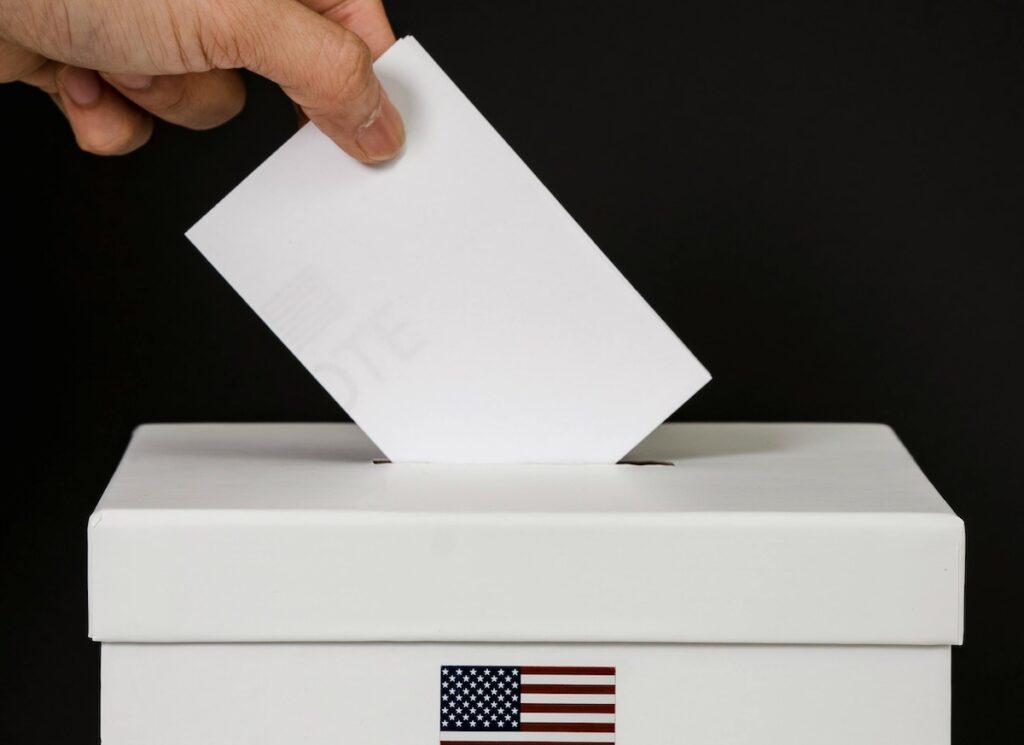Elections have consequences; the result of the 2022 mid-term election could be dramatic at all levels. The Yale Program on Climate Change Communication reported that as of February 2022 74% of Oregonians think global warming is happening and 66% are worried about it. The data also suggest that 63% think Congress should do more about it, while 53% think the President and the Governor should do more. Nevertheless, as the election approached, polls consistently showed that the climate crisis ranked well below other more immediate pocket book issues in the minds of voters across the country, with an array of other issues featuring more prominently in the public mind as critical to their voting choices.
We know that individual action and commitment is critical as a prerequisite for local, state and federal action, but even when voters acknowledge the urgency of acting on the climate crisis, that recognition is not always translated into electoral action. The 2022 mid-terms represented a critical moment when voters were able to express the level of their concern by electing candidates who acknowledge the crisis and commit to action.
The November SOCAN general public meeting program will be devoted to exploring the results of the 2022 election and assessing how they hamper or contribute to our local, state, and national effort to address the climate crisis.





